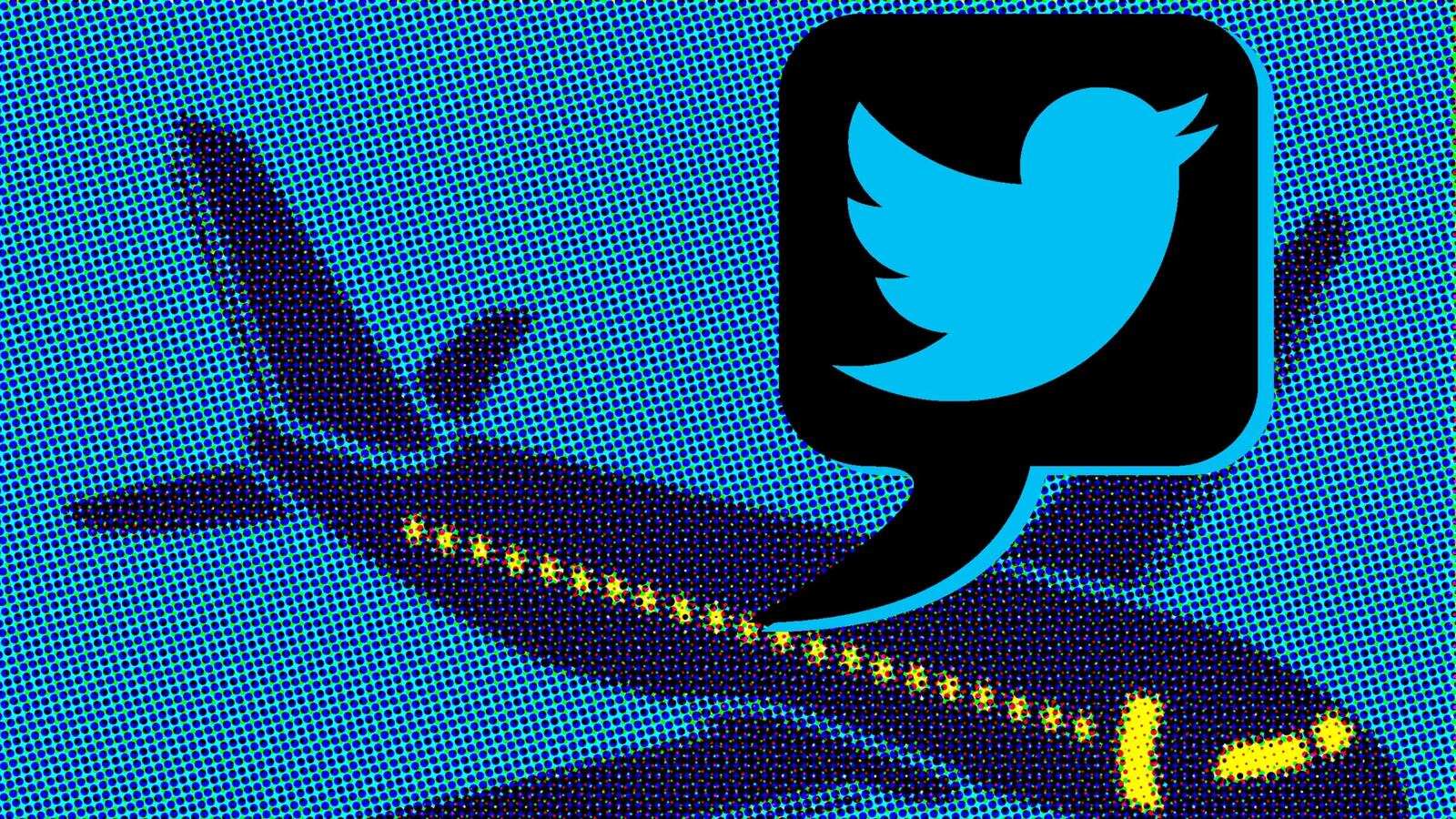People ask and say silly, inappropriate, and bigoted things constantly on the Internet. From “How can I test if my son is gay?” to “Is it weird that I’m turned on by the Jolly Green Giant?” I don’t know what a gay test looks like and, as long as no one is harmed, people can be attracted to whatever they want—even large, happy green men.
But sometimes people say things like this: “Am I racist if I feel uncomfortable about a guy with a turban on my plane because this isn’t okay with me.” This tweet may seem like a strange, arbitrary event to highlight—considering it’s a year old, the user is a non-celebrity, and it’s quite obviously “offensive”—but the incident is making news because of musician Ashishpal Singh’s remarkable recent response:
The first wrong thing to note here is that Carr appears to have played into the confusion of Sikhs and Muslims. This misconception is common, as The Wall Street Journal notes: “In surveys of roughly 1,500 people, Stanford Peace Innovation Lab found that Americans tend to associate turbans with Osama bin Laden. It also said 49% believe ‘Sikh’ is a sect of Islam and 79% don’t know Sikhism originated in India.”
The user also appears to think “Muslim” is synonymous with terrorist. This kind of prejudice harms innocent people, whether Muslim or mistakenly thought to be Muslim. (Note: Muslim and Sikh are not races but religions, and identifiers can be worn by people of any race.) Just last week, in New York, Sandeep Singh was hit by a truck and dragged 30 feet after an argument with the driver; the driver had called him a “terrorist.”
Indeed, even the fear of Muslim terrorists is somewhat misplaced—which Ashishpal Singh highlights. It’s not Muslim extremists who commit the most acts of terror on American soil; an FBI report found that non-Muslims carried out most—more than 90 precent—of all terrorist attacks in America between 1980 and 2005. Hence Singh’s sharp and accurate reply.
Given the attitude toward publicized racism—see Donald Sterling—it was unsurprising that the original racist tweet was met with harsh replies. Threats, intimidation, and the usual Internet vitriol sprouted. Soon the original tweeter issued an apology that Singh himself accepted.
People often look at these situations and dismiss them because “it’s Twitter” or “it’s just the Internet.” Yet when bigotry is uncovered, people lose their jobs, as they would have done in the past. The only difference is that today, the Internet is how we often discover people’s true thoughts on various issues. The Internet is used as a public diary and scrapbook, as this racist tweet is an example of. But there are many people who have lost their jobs because of publicly being bigoted, strange, or inappropriate.
Ask Justine Sacco. Ask Pax Dickinson. Ask any of these people who used social media in awful or bad ways. The Internet isn’t some magical place where people obtain immunity: Even the cloak of anonymity only takes you so far, since even notorious Internet trolls are uncovered and their lives changed dramatically.
What we say and do online, then, has consequences. There are people on the other end of the monitor. And yet, that applies to us, who see and oppose racists, sexists, and homophobes, too. As a person who is targeted for racial slurs and Muslim-theme mockery—even though I’m not Muslim—I would rather have more people issuing apologies for racism than people issuing threats aimed at racism. I would rather have more people like the original, now apologetic tweeter than those threatening him, “defending” people like me.
Being right—as in, opposing bigotry—doesn’t give you immunity in how you convey that. Even though I oppose homophobia, I also oppose those who issue death threats to those who make homophobic remarks. To a similar degree, I oppose those piling on threats, horrible insults, and so on, at this unknown kid because of one dumb tweet.
There is a strong urge to name and shame people for their immoral views or stupidity. With social media, that is powerful, as it can help create a better environment for those targeted for their race, sexuality, or gender. Singh’s humorous but sharp reply helps show racism’s unacceptability—not just “on the Internet,” but in general. Similarly, people use social media to help other users with tools like Block Together, which helps identify abusive, horrible Twitter accounts before they can target people. It’s helped people, including me and other oblivious men, realize the reality of everyday sexism, where women are catcalled, targeted and harassed every day, in supposedly civil societies.
We are getting a view of others’ lives where before we could not, or at least not as powerfully, not as quickly.
And yet that does not diminish the responsibilities you have to be better than those you oppose. Again: issuing threats to a kid who made a single dumb racist comment doesn’t make you better than the kid. It makes you doubly worse, since you’re using a moral standpoint to justify an immoral action. Our anger and outrage shouldn’t dictate our public response, especially when using platforms like social media that anyone else can see.
Again, many vitriol-fueled responses should be avoided, and not just because one in ten people lose out on jobs after job seekers read their public social media profiles. If you are care about the cause you’re defending, say, undermining prejudice against people with Arabic names, darker skin (i.e., people like me), how exactly do you help it when your language is violent? Are you not defeating the cause by demonstrating violence in your response to a nonviolent, harmless kid? Or are angry men not proving feminism’s point when a feminist blogger is threatened with death and rape for publicly declaring her views?
This doesn’t mean being calm, civil, or ignoring is always the right response. It means being more thoughtful, if possible, when you see a stranger demonstrate stupidity—even when that stupidity targets people like you.






